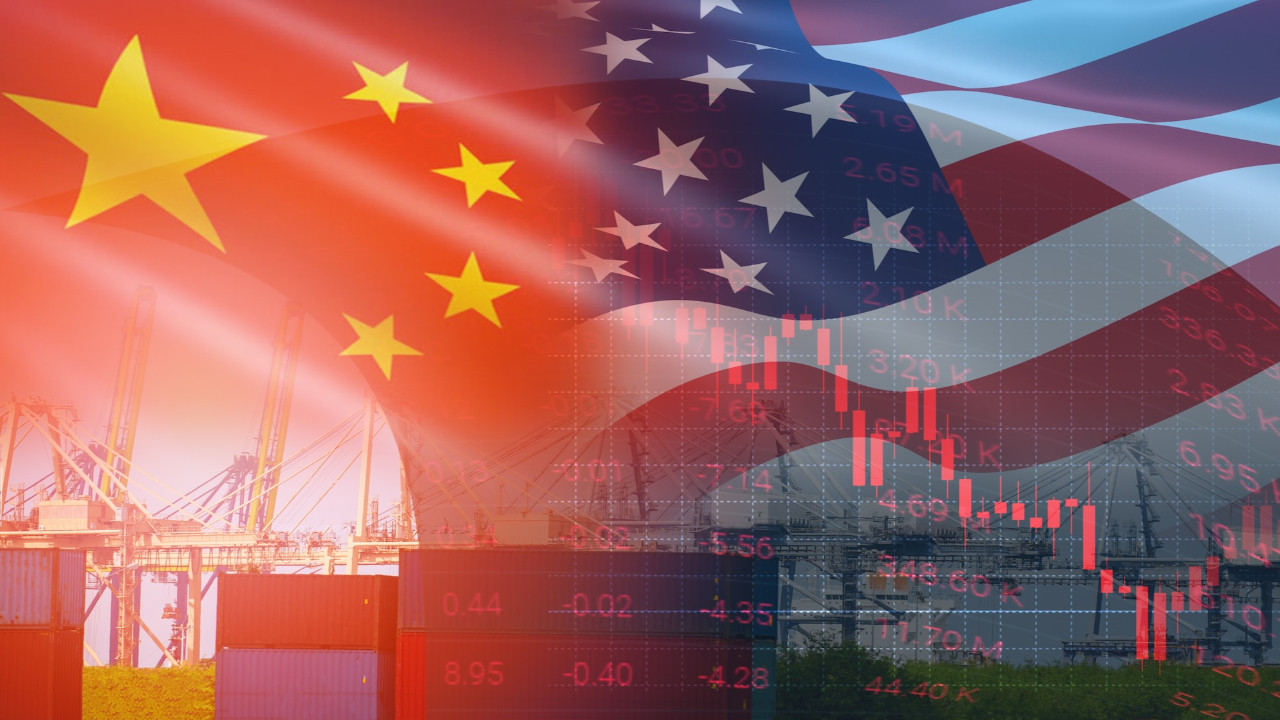Sometimes things are in fact more complicated than they seem, but sometimes they actually are much simpler. The story of China’s weak economy falls into the latter category.
Insofar as the world’s largest economy (that’s China folks) is suffering from economic problems right now it is primarily a story of inadequate demand. This means that it is capable of producing far more than households and businesses in China are buying. That is why they are looking to export so much to the rest of the world.
Like most economists, I think China can best remedy this situation by increasing domestic demand. This is in fact not hard to do if the government wants to. To my mind, they would be best off spending money improving their Social Security and health care systems, bringing both up to rich country standards. That would make a huge difference in the lives of hundreds of millions of Chinese.
But there are other ways to increase demand. As I’ve written before, they could send out $2,000 checks to every person in China. And if President Xi has a sense of humor, he could put Donald Trump’s name on them.
Just to be clear, the Chinese people are not suffering in mass. They have seen enormous improvements in living standards in the last half century. But their economy would allow them to do considerably better.
But the fact that China’s main problem right now is lack of demand in its economy makes it incredibly well-situated to assist the countries that Trump might look to attack in his absurd trade war. Trump’s idea, insofar as he has one, is that he can inflict economic pain on other countries by imposing big taxes (tariffs) on our imports from these countries.
These taxes will cause the U.S. to buy less of whatever these countries sell to us. If they are heavily dependent on the U.S. market for their exports, as is the case with Canada and Mexico, this drop in exports will be a major hit to their economies.
But this is where China comes in. China can make large quantities of low-cost exports available to the countries Donald Trump is attacking. Imagine that Canada and Mexico and other countries could buy high quality EVs, solar panels, batteries and a wide variety of other items at low cost from China. China could easily lend them the money to cover a trade deficit in the near-term.
China’s help could go a long way to sustaining their economies through a period of transition with minimal pain. Meanwhile, working people in the United States will be dealing with the largest tax increase ever, as the price of everything from gas and cars to avocados and tomatoes rise substantially.
The prospect of closer ties to China’ autocratic regime surely is not appealing to people in Mexico, Canada, and elsewhere. But with Trump claiming dictatorial powers, the question facing these countries now is which autocratic regime they want to ally with.
China’s autocrat can claim an advantage on this front in that he adheres to deals he makes, believes in global warming, and lives in reality. He can also boast that China makes better products.
*Dean Baker is the senior economist at the Center for Economic and Policy Research in Washington, DC.
Source: https://cepr.net/publications/china-the-story-of-supply-and-demand/






